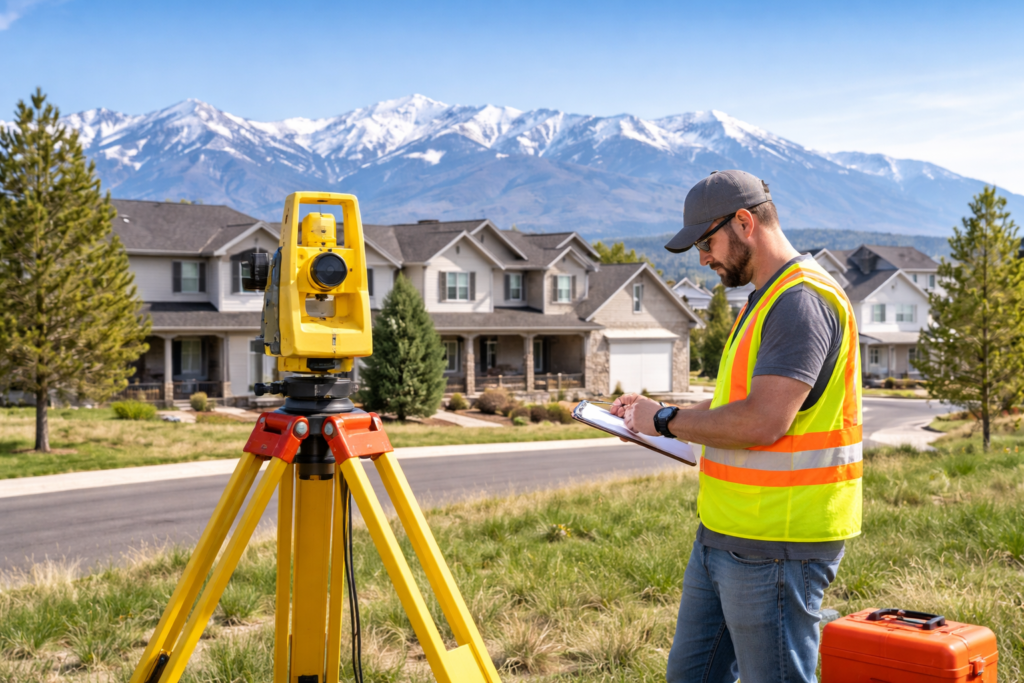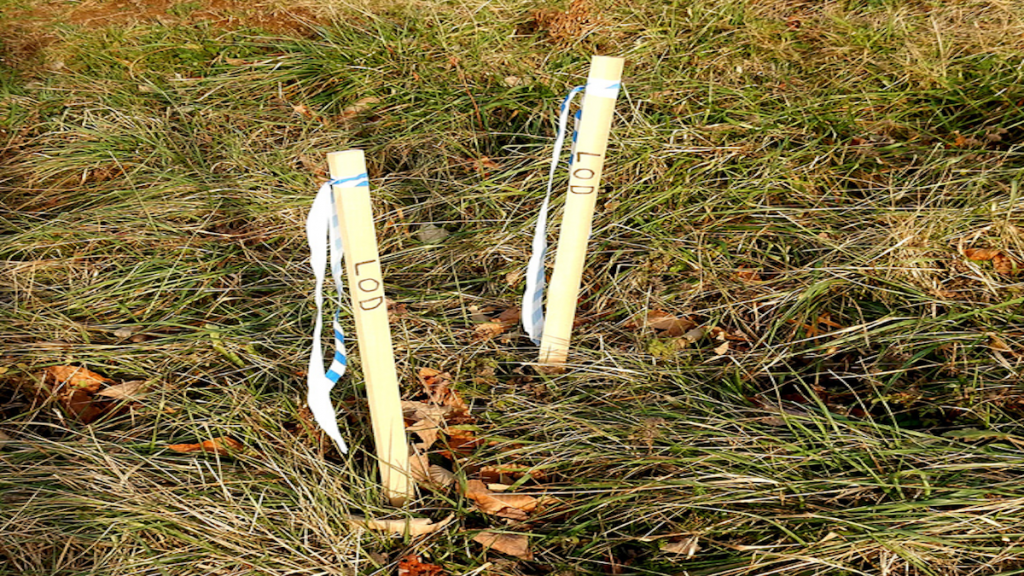Land surveying, essential in urban development, construction projects, and legal property delineation, often intertwines with engineering disciplines. Situated at the crossroads of science, technology, and real estate, this field plays a pivotal role in cities like Salt Lake City, Utah. This article explores whether land surveying qualifies as a branch of engineering, detailing its integration with other engineering fields and its critical importance in urban planning and development.
Understanding Land Surveying
The Role and Tools of Land Surveying
Land surveying utilizes a variety of tools and technologies to measure and map the Earth’s surface. This involves:
- Geographic Information Systems (GIS): Tools that store, analyze, and visualize geographic data, crucial for planning and decision-making.
- Global Positioning System (GPS): Satellite technology that provides location and time information in all weather conditions, anywhere on or near the Earth.
These tools underline the technical sophistication of modern surveying and its reliance on engineering principles to provide precise and reliable data.
The Engineering Aspects of Land Surveying
How Land Surveying Aligns with Engineering
Land surveying shares many foundational aspects with engineering, particularly civil engineering, which includes:
- Infrastructure Development: Surveyors lay the groundwork for projects, determining land boundaries and topography to guide construction and engineering efforts.
- Project Collaboration: Surveyors work closely with engineers to ensure that project plans are accurately implemented according to precise specifications.
Is Land Surveying Considered Engineering?
Educational and Professional Perspectives
The educational pathways for land surveyors often intersect with engineering:
- Degree Requirements: Many land surveyors earn degrees in civil engineering, where they learn both surveying and engineering fundamentals.
- Licensing as Engineers: In many places, licensed land surveyors are also qualified as professional engineers, underscoring the technical and professional overlap between the two fields.
Unique Aspects of Surveying
While closely related to engineering, land surveying incorporates specific skills that differentiate it from other engineering disciplines:
- Legal Expertise: Surveyors often deal with legal aspects of land ownership and usage that require a deep understanding of laws and regulations.
- Field Expertise: The practical, field-based nature of surveying, with a focus on real-world conditions and physical landscapes, sets it apart from the more theoretical aspects of engineering.
Conclusion
Land surveying, while not traditionally categorized strictly under engineering, is undeniably a complementary field that combines engineering principles with specialized knowledge in geography and law. It is a vital component of the engineering sector, especially in urbanized regions like Salt Lake City, where precise planning and development are crucial. For those engaged in any form of property development or civil engineering, understanding the role of land surveying is essential. For further details on how land surveying integrates within the broader field of engineering, visit Cook Surveying.




